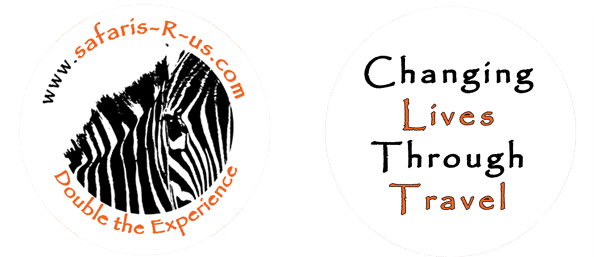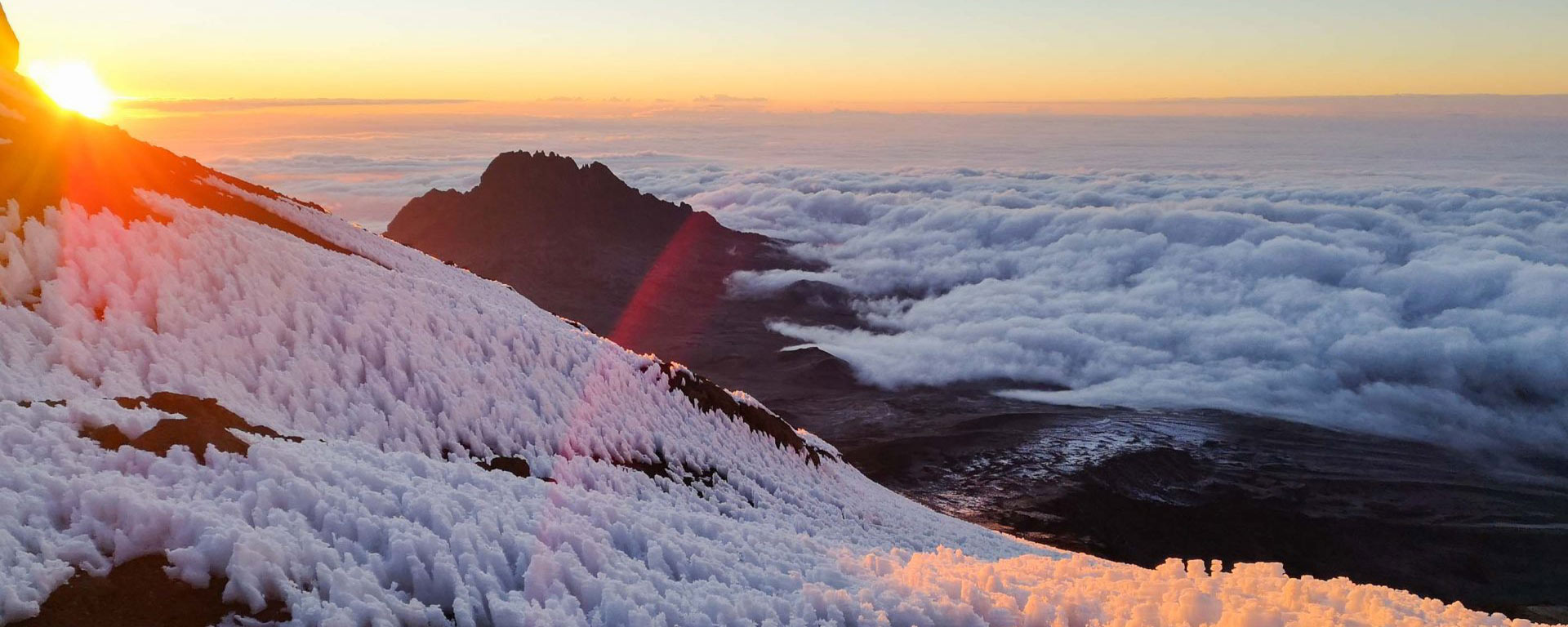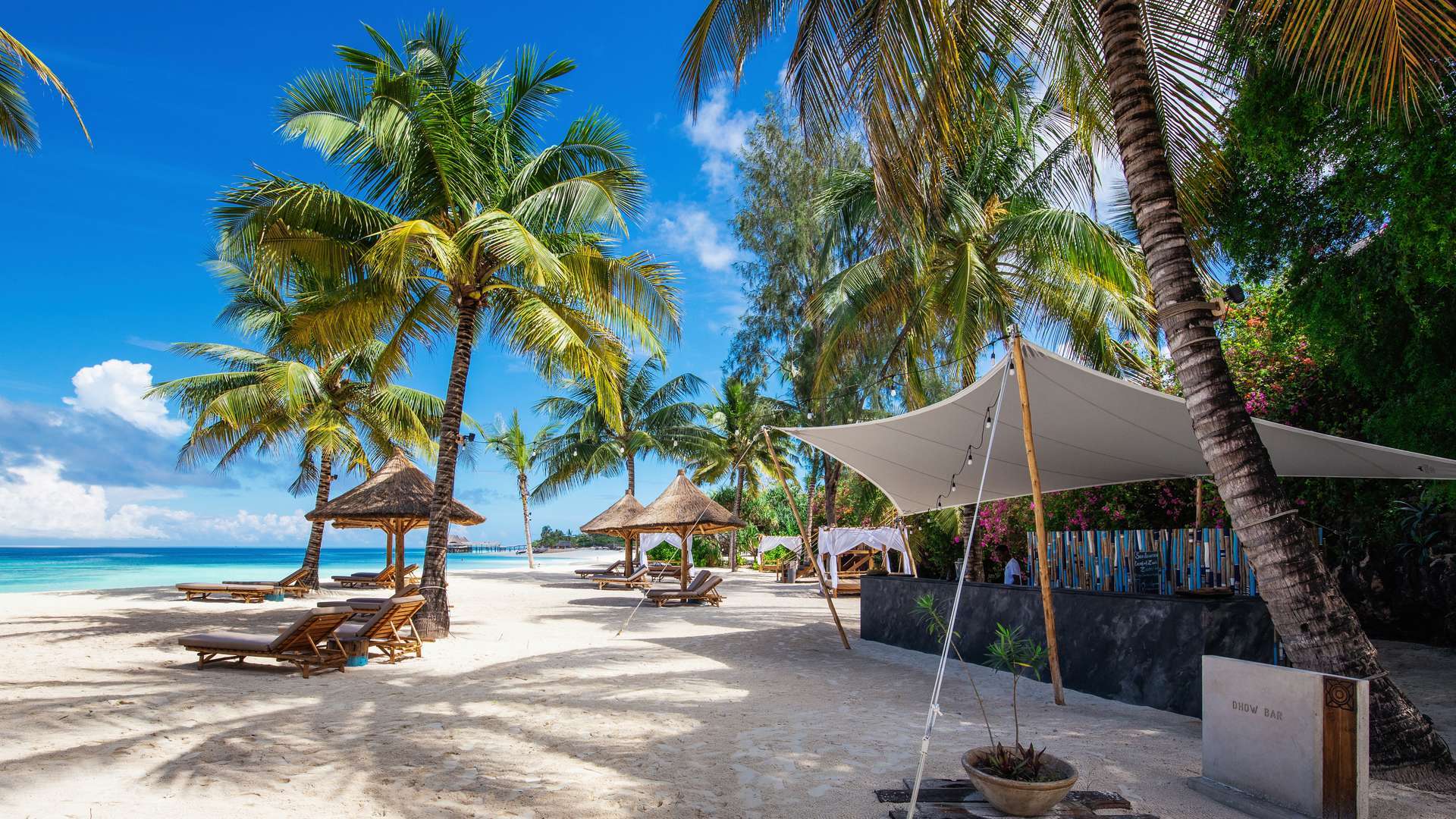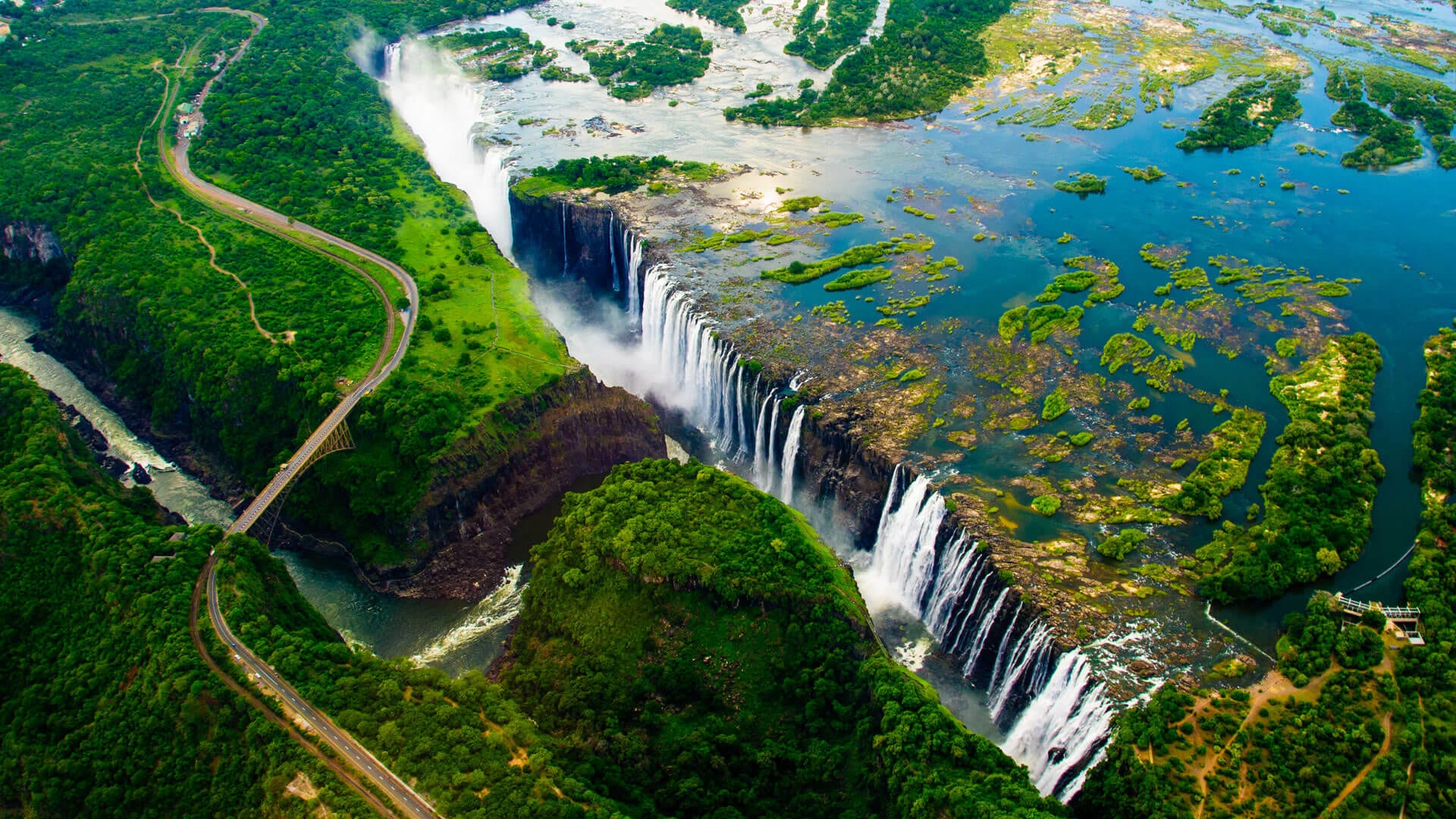Below is information detailing the logistics of your Kilimanjaro climb. Please also note that waiver forms must be signed and submitted prior to the start of your trip.
Kilimanjaro Climb
Our transfer driver will meet you at your hotel to drive you to Kilimanjaro National Park. There is a luggage weight limit of 15 kilograms (33 pounds) of personal gear per climber. Please leave items you do not need for the climb in Arusha at the hotel.
Please use luggage locks with any baggage you store at the hotel.
You will meet most of your mountain staff upon arrival at the gate. When you arrive at the gate, there will be a slight delay as we have to weigh bags and register your climb with the national park officials. Please use the restroom here as this is the last toilet before the first camp. After completing the registration, begin hiking with your guide to the first camp.
You will hike with a day pack while a porter will carry your gear pack. For information on what to carry in your day pack, please refer to the Mt Kili Packing List. It is imperative that you have rain gear with you at all times on Kilimanjaro. The temperature drops dramatically when it rains so it is important to keep your body as dry as possible. Also, please pack your sleeping bag in a large plastic bag. We pack your Kilimanjaro gear inside a larger waterproof bag, but recommend that you take the extra precaution of packing items in plastic bags. Please pack all gear that the porter will carry inside a large duffel bag or backpack. Please do not use roller luggage or hard suitcases for Kilimanjaro. As your bag is placed in a larger duffel
provided by us, it is not necessary to purchase an expedition pack if you do not already have one. A soft-sided duffel bag is sufficient.
Staff: Your staff on Kilimanjaro will consist of licensed Kilimanjaro guides, a cook, and many porters. Please note that some porters also act as waiters, water carriers, and toilet cleaners. Small groups of two climbers have a staff size of 11 to 12.
Lemosho and Rongai always have more staff. Your guides will introduce your crew during the first day. We will give you a list of your crew so that you have their names. This will assist you in planning tips for your staff. Please note that all staff are paid good wages so you do not need to increase your tips because the crew size is large. It is okay to tip at the bottom end of the tipping guidelines.
Head Guide: The primary responsibility of the head guide is to ensure that you are safe and healthy during your trek. He will check your progress each day and will ask questions about how you feel and if you are experiencing altitude sickness. The guide will give you a briefing about the following day each night over dinner. If you have any questions or concerns about your health, please tell the guide immediately so he may assist you.
Campsites: campsites on Kilimanjaro are primitive. There are several outhouses, but the only other permanent structures are ranger stations. The porters will set up camp for you each day before you arrive at the campsite. Your campsite will consist of sleeping tents, one mess tent, one cook’s tent, one toilet tent, and staff tents. We also provide tables and chairs for the mess tent. Staff will provide washing water when you arrive at the campsite so you can clean up immediately after the hike. It is also useful to have handi-wipes so that you can clean up on the trail and in your tent.
Drinking Water: We use a water filter to purify your drinking water. Drinking water is available in the mornings and evenings at the campsites. Water is not available while hiking. We recommend carrying at least two liters of water per person each day.
Hiking: We recommend taking as long as possible to hike between camps to help with acclimatization. Your guide will help you set a good hiking speed.
Summiting Kilimanjaro
Please pack three liters of water each for the final ascent to Uhuru Peak. Many hikers experience extreme dehydration so it is important to have enough water. If a hiker is having problems carrying their daypack, a guide will assist in carrying the pack for them–so don’t be afraid to pack lots of water. Please turn your water bottles upside down and leave a little empty space in each bottle. Please also put the bottle inside a sock or other insulating material so that your water does not freeze.
Please note that summit temperatures often drop to minus 30 C. Please plan your gear accordingly. Additionally, strong winds are often experienced on Kilimanjaro’s summit so you must have wind and waterproof outer layers. We recommend wearing four layers on top and three layers on bottom for the Kilimanjaro summit.
Please note that our company follows a turnaround policy for summiting Kilimanjaro. If you are not at the summit by latest 9:30am, you will have to turn around. The time may be earlier and the decision will be made by the head guide.
Please bring your own energy snacks (gel, gu) for the final ascent as these items are not available in Tanzania. We recommend bringing two Power Bars per person for each day of hiking and four gel/gu shots per person for the summit ascent. If you have poor circulation, please bring hand/foot warmers for your gloves and shoes. If you are too sick to continue or you are having health problems during the final ascent, please inform our guides immediately so they can assist you. If a climber has to descend before reaching the summit, an assistant guide will accompany them back to a lower camp (or lower if necessary). We are in phone contact with our guides during the climb and can arrange a rescue if necessary. Please note our company does not cover hotel or food expenses should you have to come off the mountain early.
Final Climb Day: We will bring a lunchbox for you when we pick you up at the gate.
You will arrive in Arusha at approximately 2pm on your final day.
TIPPING
Generally, you should budget between 10% and 15% of your total climb cost for tips. If you are traveling in a small group, you should contribute more per person to the tip kitty. We provide a list of your crew as well as jobs performed on the day you begin your climb. Please use this list to allocate tips. Tips are generally distributed at the last camp or hut on Kilimanjaro and Meru. We recommend giving each staff person their tip. If you are part of a large group, you may also call a few people at a time to distribute tips.
Head Guide: US $15 – US $30 per day per guide
Assistant Guide: US $10 – US $20 per day per guide
Cook: US $8 – US $12 per day per cook
Porter: US $4 – US $10 per day per porter
Some porters perform extra jobs such as toilet cleaner, camp crew and waiting. Please tip these porters a bit more than porters who do not have additional jobs.
Tip amounts listed for safari and Kilimanjaro are per group, not per individual traveler. For instance, if four people are on safari, they should each contribute $5/day if they want to tip the driver.




